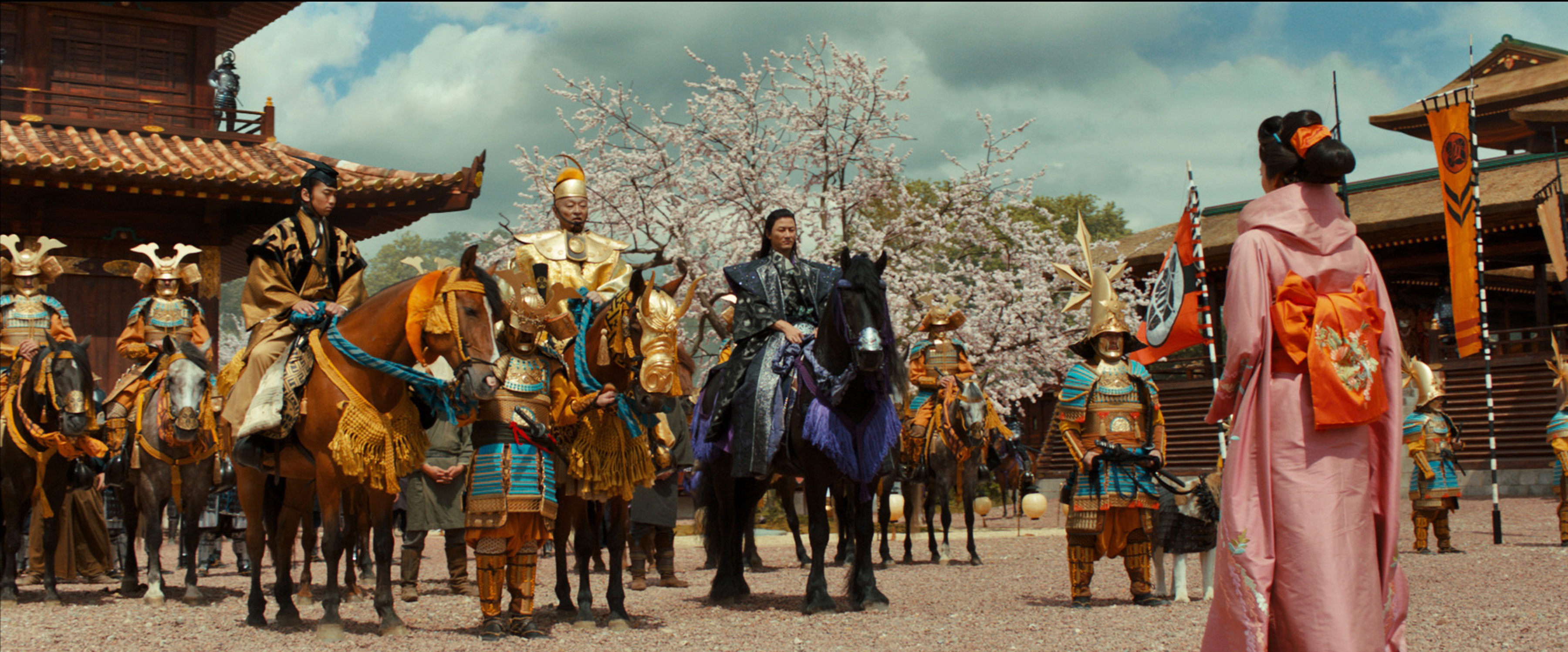Top Film Industry Stories of 2013: #9
47 Ronin is a pricey debacle
By David Mumpower
January 7, 2014
The expansion of overseas box office has forced to Hollywood executives to prioritize projects that have global appeal. Corporations famously use computer simulations to anticipate future earnings potential. The explanation is that nobody can blame a machine when things go wrong. Highly paid employees gain plausible deniability with their most expensive productions. The problem with this new business strategy is that sometimes machines fail to anticipate basic human behavior.
A computer cannot tell the nuanced differences between similarly themed projects. For example, an aesthetically gorgeous movie about a bunch of Spartan warriors fighting a hopeless battle against imperialists could earn $456 million worldwide. A visually similar title with vaguely similar themes could earn barely half of that, $227 million. Could a computer program differentiate why one excelled while the other was only modestly successful? That would depend entirely upon the programmer. A human being on the other hand, could easily distinguish between an original concept such as 300 as opposed to a clearly inferior knock-off such as The Immortals.
What man and machine should appreciate is that 300 and The Immortals cost a combined $140 million to produce. Any single project that required more of a financial outlay than those two titles in totality would be a shaky investment. How, then, do we explain the existence of 47 Ronin, the biggest budget bomb of 2013 and one of the worst of the 2000s?
In years to come, the existence of 47 Ronin will be a mystery with no good explanation. Ostensibly, the action flick is an adaptation of a story so popular in Japan that it is described as the national legend. This thought process is where Universal Pictures was led astray. They believed that a respectful take on a popular tale from Asian history would be wildly popular overseas. Since those markets are crucial to the overall global box office picture, any product capable of dominating them looks great on paper.
In execution, everyone’s vision is much different. After all, how would Americans feel if a $175 million Japanese movie about a fictionalized version of the Civil War were created with the stated intent of earning lots of money here? The answer is that most consumers would be disinclined to give the film a chance. It is hypocritical to believe that the Japanese would feel differently about a gaijin take on their samurai code of honor. Only the ego of Hollywood execs would explain ignoring such an obvious aspect of the marketing flaw 47 Ronin would face overseas.
The international release strategy employed in recent years is to release tentpole productions overseas in the days prior to their North American debut. The thought process is that in building revenue abroad, the film will create positive buzz domestically. It’s a blatant attempt to build demand via limiting supply. What nobody had ever considered is what would transpire if the project in question bombed internationally. In the case of 47 Ronin, this doomsday scenario is exactly what transpired.
Continued:
1
2




